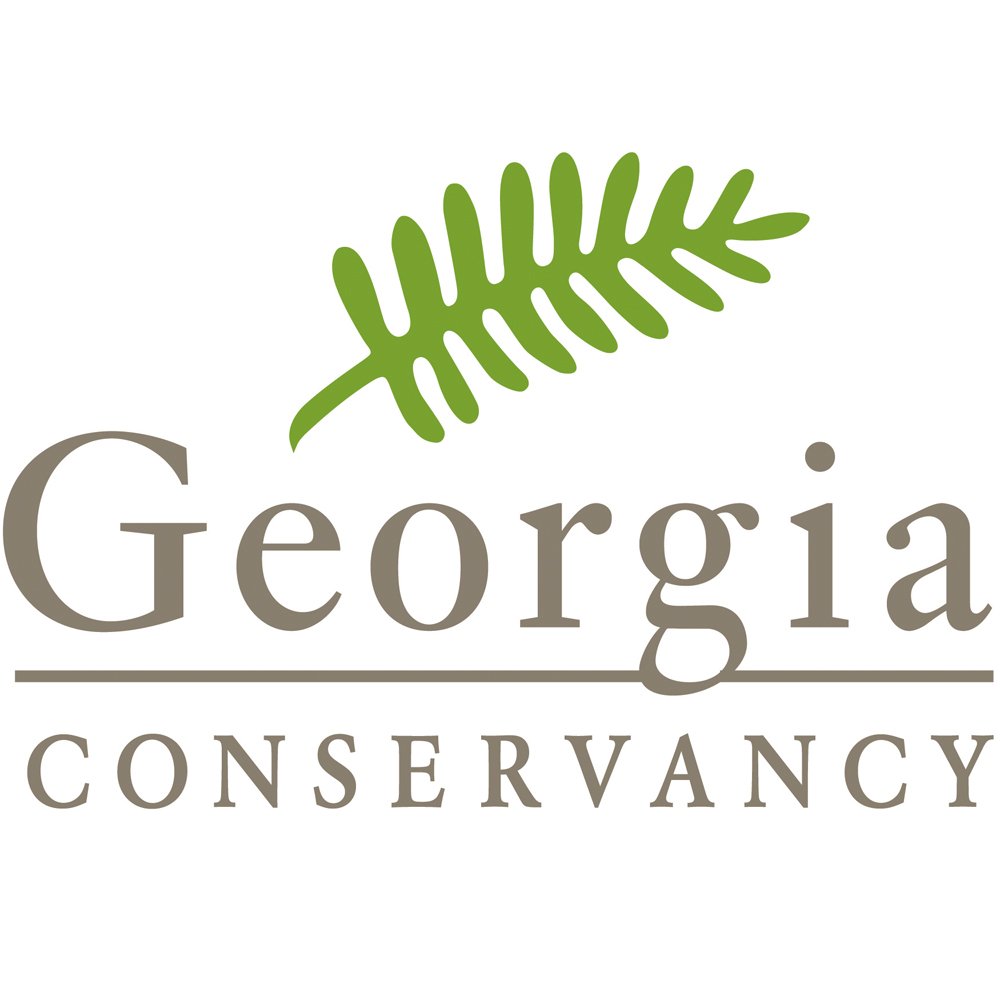MARCH 29 UPDATE: SB 132 overwhelmingly passed the House on March 26 with a vote of 167 to 4, however on sine die, during a slow-moving process and an agenda full of bills of greater priority to the Lieutenant Governor, the amended Measure did not receive a floor vote by the Senate.
New Trail Ridge Mining Moratorium Bill by Georgia General Assembly
New Trail Ridge Mining Moratorium Introduced by Georgia Legislators
New legislation would support efforts to protect the Okefenokee Swamp
ATLANTA (March 21, 2024) The Georgia Conservancy hailed significant progress today on a legislative measure vital to protecting Trail Ridge, a landform bordering the Okefenokee National Wildlife Refuge.
With the support of House Speaker Jon Burns, a 3-year moratorium (July 2024 thru June 2027) on the acceptance of applications by Georgia EPD for dragline surface mining permits of heavy sands minerals is being proposed through an amended Senate Bill 132. The moratorium language replaces the language originally found in Senate Bill 132, a move supported by the bill’s sponsor Sen. Brandon Beach (R-21) in addition to Speaker Jon Burns.
The moratorium in Senate Bill 132 focuses on the mining technique and minerals specified by Twin Pines Minerals, LLC for the proposed mine along a geological formation known as Trail Ridge in southeast Georgia. In essence, this statutorily names the Twin Pines project as a pilot project and will restrict their proposed mining technique to the pilot site until scientific data can be obtained to determine the effects of the mine on surrounding ecosystems.
Importantly, Senate Bill 132 offers what the Georgia Conservancy believes is a “clean moratorium” and does not include concerning language found in an earlier moratorium measure, House Bill 1338 - specifically language that would have limited judicial review of petitions and allowed for permits and/or rulings to be issued by default.
“This is a strong example of the work that can be done to protect Georgia’s natural resources by working cooperatively with elected leaders and bringing all sides together. We thank Speaker Burns, Representative Corbett, Chairman Beach, and the numerous other legislators who took this step to protect one of Georgia’s most vital ecosystems,” says Georgia Conservancy President Katherine Moore.
The amended Senate Bill 132 must first pass the full House and then be agreed to by the Senate before the moratorium can move to Governor Brian Kemp’s desk for signature.
The effort to legislative pass a mining moratorium on Trail Ridge follows the February 9 announcement that Georgia EPD had issued draft mining permits to Twin Pines. The draft permits are specific to a 700-plus-acre demonstration site with 500-plus acres of mining activity on Trail Ridge in Charlton County. This site, known as Phase 1, would be the first step in Twin Pines establishing a larger 8,000-acre heavy mineral sand strip mine on Trail Ridge, along the southeastern border of the Okefenokee National Wildlife Refuge.
While the amended Senate Bill 132 does not expressly prohibit the modification of draft permits or permit applications already underway, Twin Pines’ Draft Mining Permit is the only permit or application that currently fits this definition. Section C.3 of this permit specifically prohibits the expansion of the proposed pilot project area under this permit. Section C.3 also states that any proposed modifications to the operations proposed under this permit would have to be approved by Georgia EPD.
The proposed moratorium would last for 3 years, providing breathing room to explore more permanent conservation options for Trail Ridge, while still respecting the private property rights that were deemed crucial to legislators. This legislation strikes a compromise and sends a signal that the Georgia General Assembly is willing to act to protect the Okefenokee.
It typically takes many years for a mining permit to be issued, so if applications cannot be submitted until 2027, it is unlikely that any mining permits for dragline mining of heavy mineral sands would be issued in this decade.
“Our organization strongly believes another path forward in protecting Trail Ridge and the Okefenokee is needed. Senate Bill 132, if passed, would provide this opportunity by allowing for methodical and intentional steps to be made towards a potential long-term conservation solution for the eastern barrier of the Okefenokee National Wildlife Refuge,” says Moore.
The Georgia Conservancy is supportive of the three-year moratorium and hopeful that the time and space for further discussion it provides will secure a future for the Okefenokee Swamp that all Georgians will celebrate. We urge our state lawmakers to support the Okefenokee Swamp by passing the amended Senate Bill 132.
About the Georgia Conservancy:
Founded in 1967, the Georgia Conservancy’s mission is to protect Georgia through ecological and economic solutions for stewardship, conservation and sustainable use of the land and its resources.
www.georgiaconservancy.org




